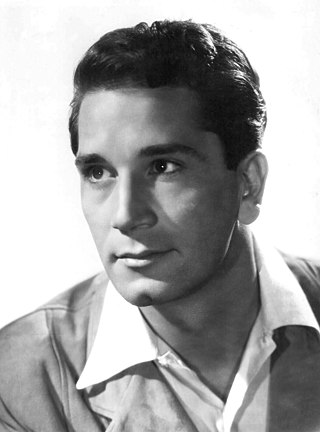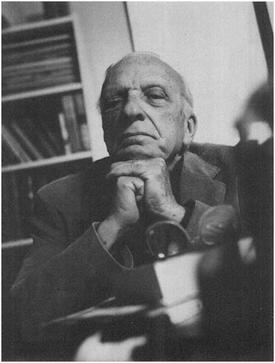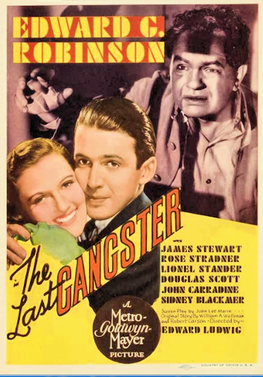
Vittorio De Sica was an Italian film director and actor, a leading figure in the neorealist movement.
The year 1949 in film involved some significant events.

Susan Hayward was an Academy Award-winning American film actress, best known for her film portrayals of women that were based on true stories.

I'll Cry Tomorrow (1955) is a biopic that tells the story of Lillian Roth, a Broadway star who rebels against the pressure of her domineering mother and struggles with alcoholism after the death of her fiancé. It stars Susan Hayward, Richard Conte, Eddie Albert, Margo, and Jo Van Fleet.

Joseph Leo Mankiewicz was an American film director, screenwriter, and producer. Mankiewicz had a long Hollywood career, and won both the Academy Award for Best Director and the Academy Award for Best Adapted Screenplay in consecutive years for A Letter to Three Wives (1949) and All About Eve (1950), the latter of which was nominated for 14 Academy Awards and won six.

Nicholas Peter Conte, known professionally as Richard Conte, was an American actor. He appeared in more than 100 films from 1939 through the 1970s, including I'll Cry Tomorrow, Ocean's 11, and The Godfather.

Forbidden Games is a 1952 French war drama film directed by René Clément and based on François Boyer's novel Les Jeux Interdits.

Luther Adler was an American actor who worked in theatre, film, television, and directed plays on Broadway.

Broken Lance is a 1954 American Western film directed by Edward Dmytryk and produced by Sol C. Siegel. The film stars Spencer Tracy, Robert Wagner, Jean Peters, Richard Widmark and Katy Jurado.

Philip Yordan was an American screenwriter, film producer, novelist and playwright. He was a three-time Academy Award nominee, winning Best Story for Broken Lance (1951).

Radio Days is a 1987 American comedy-drama film written and directed by Woody Allen. It is a nostalgic look at the golden age of radio during the late 1930s and 1940s, focusing on a working-class family living in Rockaway Beach, New York. The film weaves together various vignettes, blending the lives of the family members with the radio programs they listen to daily. It also features an ensemble cast.
Jerome Weidman was an American playwright and novelist. He collaborated with George Abbott on the book for the musical Fiorello! with music by Jerry Bock, and lyrics by Sheldon Harnick. All received the 1960 Pulitzer Prize for Drama for the work.
Francis Mankiewicz was a Canadian film director, screenwriter and producer. In 1945, his family moved to Montreal, where Francis spent all his childhood. His father was a second cousin to the famous Hollywood brothers, Joseph L. Mankiewicz and Herman J. Mankiewicz.

The 3rd Cannes Film Festival was held from 2 to 17 September 1949. The previous year, no festival had been held because of financial problems.

The 4th Cannes Film Festival was held from 3 to 20 April 1951. The previous year, no festival had been held because of financial reasons. In 1951, the festival took place in April instead of September to avoid direct competition with the Venice Film Festival.

Keep an Eye on Amelia is a 1949 French-Italian comedy film directed by Claude Autant-Lara and starring Danielle Darrieux and Jean Desailly and Grégoire Aslan. It is based on the 1908 play of the same name by Georges Feydeau, set in Belle Époque Paris. It is one of several of film adaptations to be made of the story.

The Last Gangster is a 1937 American crime drama film directed by Edward Ludwig and starring Edward G. Robinson and James Stewart. The supporting cast features Rose Stradner, Lionel Stander and John Carradine.

Incantato is a 2003 Italian drama film directed by Pupi Avati. It was entered into the 2003 Cannes Film Festival.

Haywire is a 1977 memoir by actress and writer Brooke Hayward, daughter of theatrical agent and producer Leland Hayward and actress Margaret Sullavan. It is a #1 New York Times Best Seller and was on the newspaper's list for 17 weeks. In Haywire, Brooke details her experience of growing up immersed in the glamorous and extravagant lifestyle afforded by her parents’ successful Hollywood and Broadway careers and tells the story of how her privileged, beautiful family and their seemingly idyllic life fell apart.

Everybody Knows is a 2018 Spanish-language mystery/crime drama film written and directed by Iranian filmmaker Asghar Farhadi, and starring Javier Bardem, Penélope Cruz and Ricardo Darín. The film was selected to open the 2018 Cannes Film Festival in competition and was released in Spain on 14 September 2018. It was released in the United States on 8 February 2019.

















